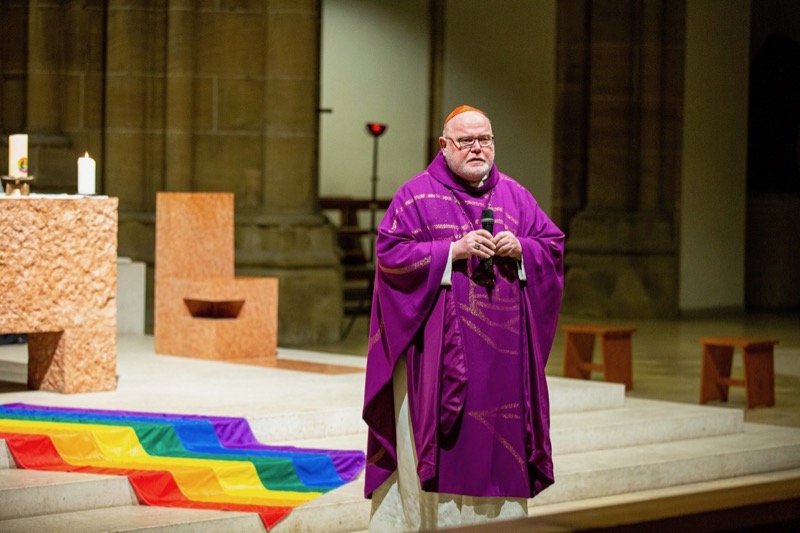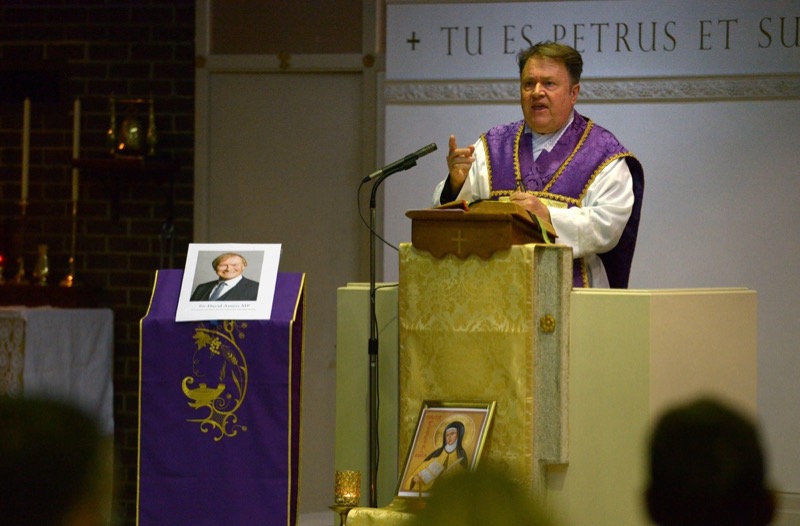The College of Policing has issued revised national guidance allowing priests to access crime scenes to administer the last rites.
New guidance on “requests for third party access to a scene to attend a victim” has been added to the “managing investigations” section of the college’s authorised professional practice document.
It recognises the possibility in cases of homicide or traumatic violence of “a priest from the victim’s faith or religion asking to administer last rites or other religious needs, or a family member wanting to comfort a loved one”.
“While these requests are likely to be rare, they can be extremely important for the victim and their family,” the guidance acknowledges.
The revision follows the conclusion of a working group led by the Archbishop of Southwark, John Wilson, and a deputy assistant commissioner of the Metropolitan Police, which was set up following the murder of Sir David Amess in October 2021.
A priest was unable to deliver the sacrament to the Catholic MP because police denied him entry to the Belfairs Methodist Church, where Sir David had been stabbed.
Fr Jeffrey Woolnough, a parish priest in Southend, said that he respected the police’s decision, and instead prayed the rosary with a parishioner outside the building. However, the incident raised questions about appropriate access for ministers of religion to crime scenes where the victim remains in situ.
Discussions between the then Metropolitan Police Commissioner, Dame Cressida Dick, and the Archbishop of Westminster, Cardinal Vincent Nichols led to the establishment of the joint working group.
Archbishop Wilson said it was “a pleasure to work collaboratively with representatives of the Metropolitan Police Service, different regional police services, and the College of Policing, to enable a common position to be reached and implemented”.
The new guidance says that police “must balance medical and investigative priorities and requirements, with empathy for the victim, their family, and any religious needs”. It specifically notes “the rights and needs (including religious rights and needs) of the victim and their family”.
“At a critical time, such spiritual and family support can make all the difference for those for whom it is important,” said Archbishop Wilson.
“For Catholics, this means access by a priest who will be able to offer absolution, anointing, and prayers of accompaniment – often referred to as the last rites. We are very grateful for this.”



 Loading ...
Loading ...